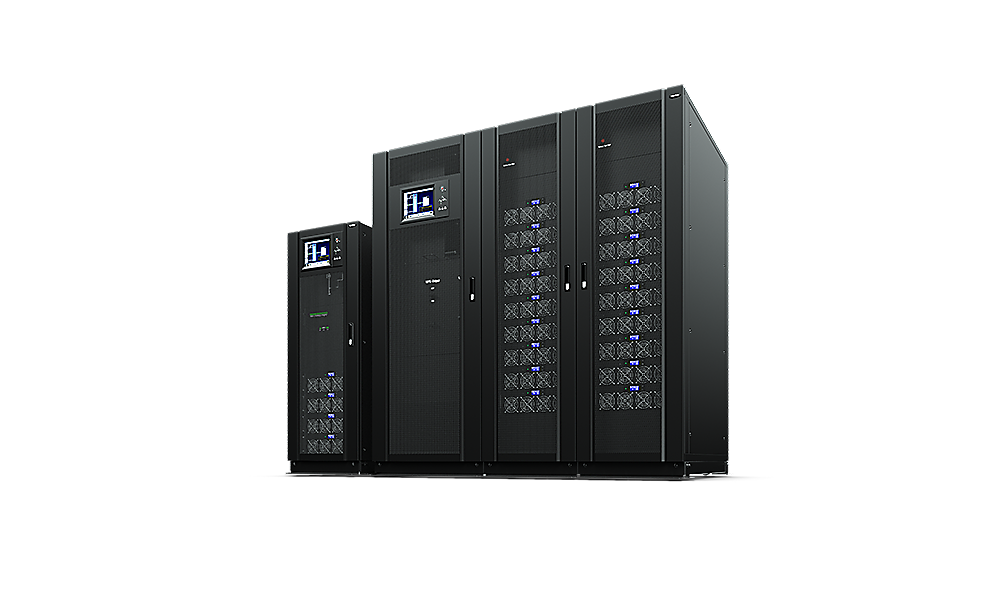A modular uninterruptible power supply, or UPS, comprises several distinct modules connected to function as a single integrated unit. Each UPS module has an inverter, battery converter, static bypass switch, and backfeed protection.
Modular UPS systems are contained in racks that are placed above the other. They are one of the fastest-growing market sectors.
Benefits of using modular UPS systems:
- Risk spreading
A single, monolithic UPS might be regarded as a single point of failure in contexts where dependability is crucial. Modular UPS systems mitigate risk by eliminating single sources of failure and distributing them instead. A modular UPS is composed of discrete, interoperable components. If a component fails, it may be removed and replaced independently of the rest of the system.
In most instances, the faulty module may be replaced while the system is still operational. It should take less than an hour to complete.
- Redundancy package
If the UPS is activated and a module in the rack fails, the redundant module may fulfill the power needs. Instead of the system failing, removing and replacing the problematic power module is possible. The sole effect is a decrease in backup time, but with a good warning system, this can be easily addressed.
- Easier to service
Modular systems are easy to operate and maintain. Modules are removable, replaceable, and testable while the system is operating. A malfunctioning module hot-swap will not compromise the UPS’s functionality or protection if performed appropriately.
Simpler maintenance reduces recurring expenses, but it’s more than that. There is no need to shut down the system. Thus repair and maintenance may be performed during business hours.
- Built for expansion
By adopting a modular strategy, it is possible to add more capacity. Additional modules may be added to your UPS as your power needs rise.
Scalability is one of a modular UPS system’s major assets. When more capacity is required, it may be added without acquiring additional floor space or investing in cabling.
There are limitations on the extent to which scalable UPS systems may be expanded, like the available physical rack space, but if your organization expands, a modular UPS can keep up.
- Smaller footprint
Expandable uninterruptible power supply (UPS) systems are designed to be flexible in the face of changing circumstances. The fact that they are rack-mounted gives them a footprint much less than that of a parallel system or a standalone UPS.
By constructing vertically rather than horizontally, you reduce space needs, which is a big advantage for enterprises of all kinds. You will benefit from the design’s scalability and compactness, freeing up room in your facility for other critical equipment.
Conclusion:
Modular systems provide a cheaper total cost of ownership, which is a crucial factor for most enterprises. Modern modular UPS systems let the user take control of the system by shutting off or “hibernating” modules when the load is lower than anticipated. This decreases the total energy usage and guarantees that each module operates at peak efficiency.
